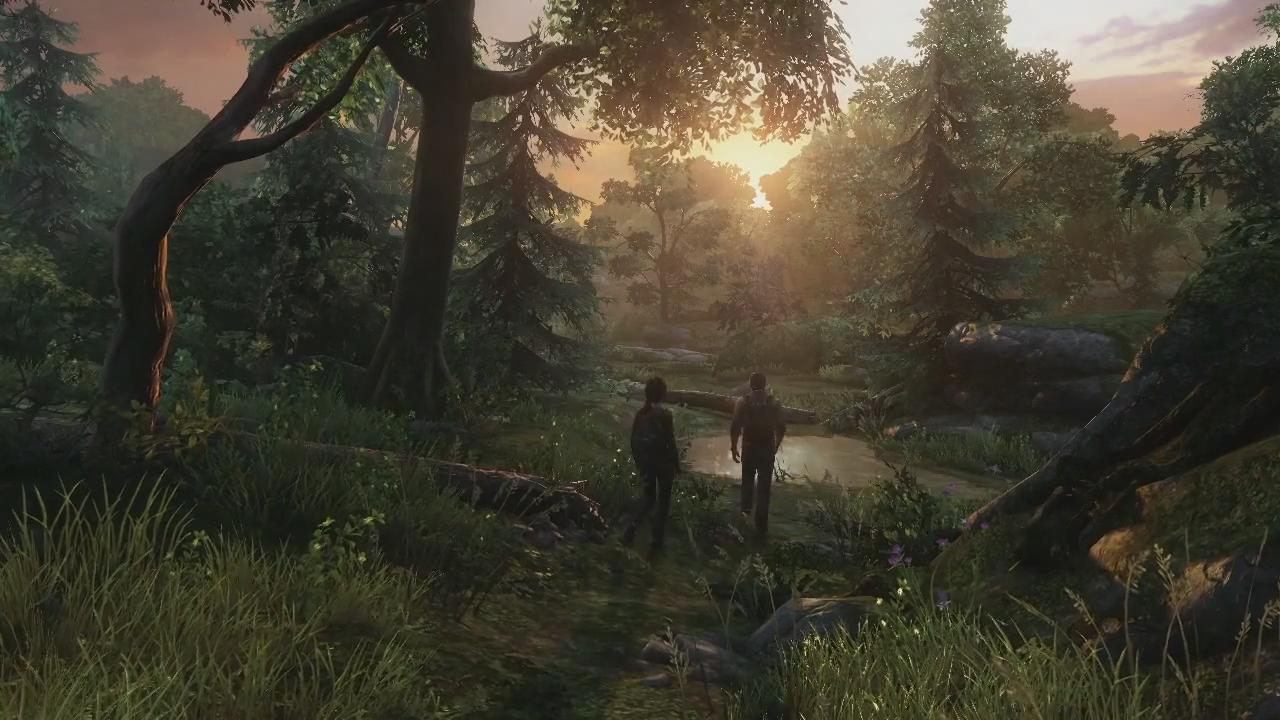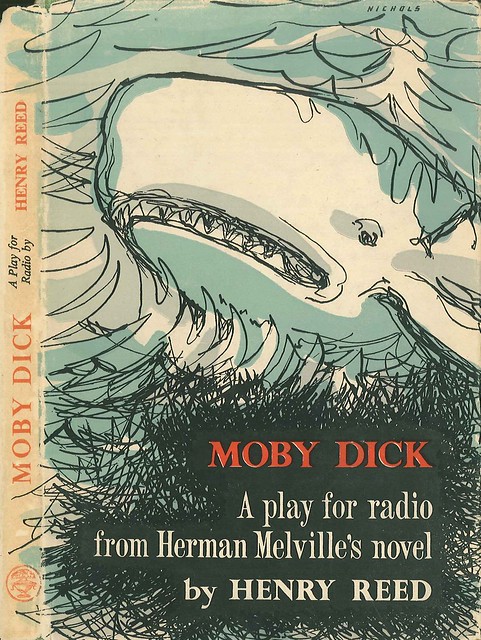"Call me Ishmael,"
Moby Dick begins, establishing the identity of our narrator for us and giving us an introduction to his character and particular voice as he will be telling us this story for quite a while and we should be comfortable with him.
Moby Dick is a book full of strong characters--Queequeg, Ahab, Flask, Starbuck, Stubb--each of these character seem particularly individual and powerful in their own right, just as we feel we "get to know" Ishmael, we can "get to know" the other characters and understand their desires and quirks. However, the story isn't about any one of them, its about (and exists because of) all of them combined.
Not only does Melville craft each of these characters expertly to allow each of them their own voice and personality, but the very form of
Moby Dick is broken up into distinctive "voices" of different literary genres. Interrupting Ishmael's regular narrative come dramatic monologues (ch. 37), encyclopedic articles (ch. 32), affidavits (ch. 45), as well as histories, articles, and more. Indeed,
Moby Dick is designed on a formal as well as a textual level to break up any overpowering voice. In fact, freedom of speech and choice may arguably be what
Moby Dick most values, as the ultimate tragedy of its ending comes from Ahab drowning out everyone else with his power and desire.
This evidence proves
Moby Dick's quality as a distinctly American epic. But it wasn't popular until the early 20th century, and many scholars have classified
Moby Dick as a modernist work. This makes sense because modernism, the term given to much of the literature of the early 20th century before World War II, emphasized the same points and values of expression, experimentation, and the power of the individual. It was a time when listening to single voices was more and more dangerous, as well as more and more outdated as the United States, the ensign of democracy to the world, was rising to become its greatest super-power, thus proving to the world that what started as an "experiment" of democracy was paying off, and Americans were certainly not quite in pointing this out to world.
As
I've explained elsewhere, the influence of the rise of democracy and American in the late 20th century is easily seen stamped all over the internet. Thus, soon after its inception, the internet evolved from just a repository of information to a tool of individual expression, a shift commonly referred to by scholars as
Web 2.0. Democracy is so stamped into the mindset of the world that it is more a social than a political principle in our own time, and we feel it is our right to be able to express ourselves and give our opinion. This simple shift in thought might be the single biggest marker of the modern human being to that of earlier ages: we seem to think we all matter. Thus, authority becomes more and more complicated in the modern world, and this aversion goes deeper than we sometimes think.
When we receive any information today, we expect to be given the opportunity to interact with it and not just receive it. This is viewed as a fundamental right, thus the proliferation of comments sections on nearly every website around. Social media lets us not only express our opinion about anything we care to comment on, but provides tools to make sure other people know that opinion by way of hashtags and hyperlinks. Our world is increasingly built to make sure we are allowed to express ourselves about anything, anytime, anywhere, publicly.
Thus, it should come as no surprise to anyone that the fastest-growing and most innovative medium of expression today is videogames. Neither should anyone be surprised that so many of the current generation want to go to this medium to have cultural experiences and explore a variety of perspectives on life and important moral and philosophical debates. Videogames are increasingly growing in intellectual capital because they are the medium that best represents the values of contemporary communication and expression, where the audience is not only encouraged but by definition expected and
needed for the piece to unfold. In a world where talking back is a right, a medium that lets the audience feel like they are doing the talking in the first place is the ultimate concession to that right. Videogames are Artistic Expression 2.0, expression that allows creators to still have strong sense of authorship, but for audiences to feel they are just as important as the creator, and even creating their own experience.
So, really, videogames as a culturally legitimate medium is not only eminent, but inevitable. You can join the conversation, or you can ignore it, and regret it 30 years from now when the majority of the world's most important cultural conversations are happening inside and around videogames, and you find yourself with a lot of catching up to do.











